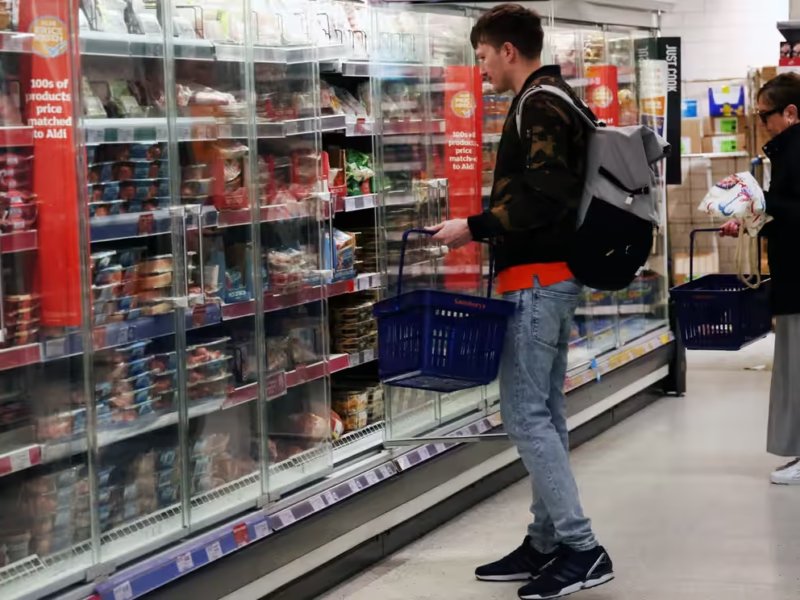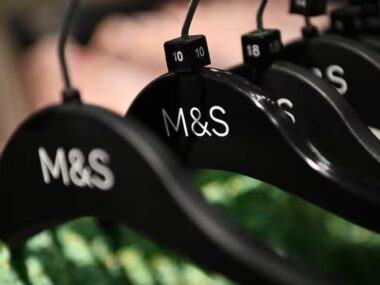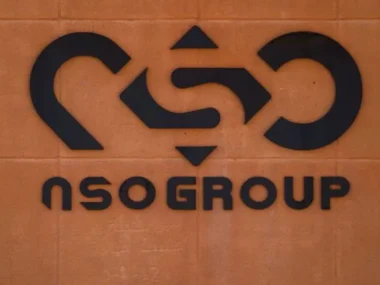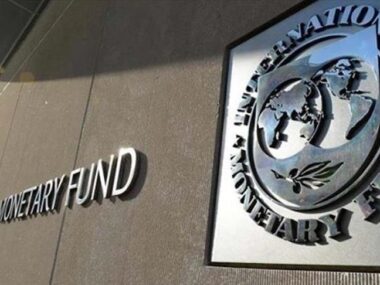Kantar reports that almost 30% of the top supermarket chains’ spending over a four-week period went towards special deals and discounts.
Supermarkets across the UK are allocating substantial funds to promotional offers as the grocery price battle intensifies.
According to Kantar, Britain’s leading supermarket chains devoted nearly 30% of their total spending to discounts and special deals during the four weeks ending 20 April.
Fraser McKevitt, head of retail and consumer insight at Kantar, explained that retailers are relying on deep price cuts to stay competitive. He noted that spending on such offers, often tied to loyalty programmes, jumped by £347 million. At Tesco and Sainsbury’s, nearly 20% of items are now part of price-matching deals, appearing in around two-thirds of shopping baskets. Although profit margins in the industry are usually narrow, the ongoing cost of living crisis and intense market rivalry have triggered a race to lower prices.
Asda recently announced it expects a sharp drop in profits this year, citing a renewed focus on price reductions. Chairman Allan Leighton described this shift as “an investment warning, not a profit warning.” His remarks led to a collective £4 billion drop in the stock market value of Tesco, Sainsbury’s, and Marks & Spencer.
Since then, Asda has lowered prices on 1,500 items—including well-known brands like Cathedral City cheese and Head & Shoulders shampoo—and claims to have reduced prices on nearly 10,000 products since late January. Despite this strategy, Asda was the only major supermarket to record a year-on-year decline in sales over the past three months.
Even with more discounts, Kantar found that grocery prices continue to rise. Food inflation reached 3.8% in the four weeks to 20 April—the highest in over a year—far above the October 2024 low of 1.4%.
Nonetheless, Easter boosted supermarket activity, with spending up 11% compared to the same period last year, despite a 17.4% spike in chocolate prices. McKevitt observed that chocolate egg sales still rose 0.4%, while lamb was the top meat choice for Easter meals, followed by beef and pork. The warmer weather also encouraged many households to barbecue, with burger sales climbing 31% over the month.
Tesco maintained its lead in market share at 27.8%, followed by Sainsbury’s at 15.3% and Asda at 12.3%. Ocado, while holding just 1.9% of the market, posted the fastest sales growth at 11.8% year-on-year. Aldi secured fourth place with 11%, having surpassed Morrisons in 2022.











